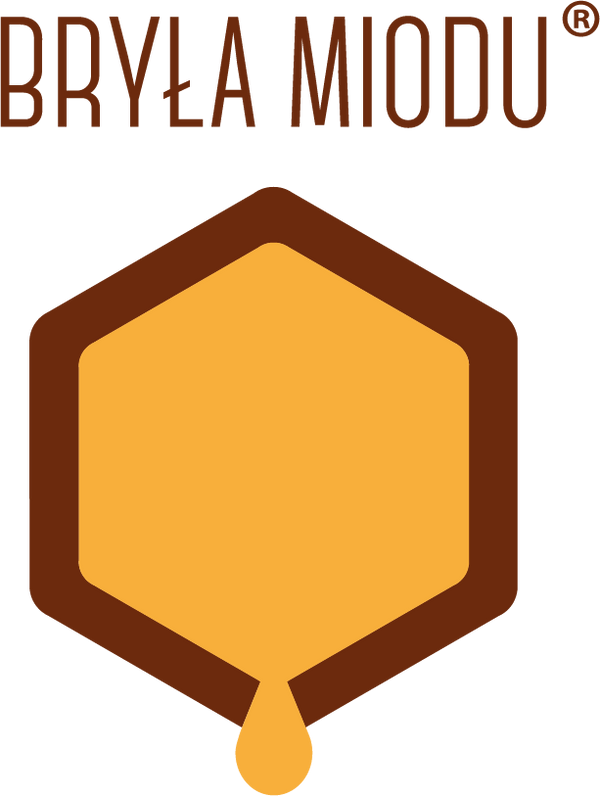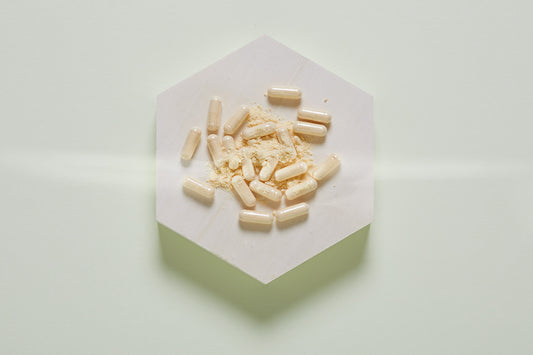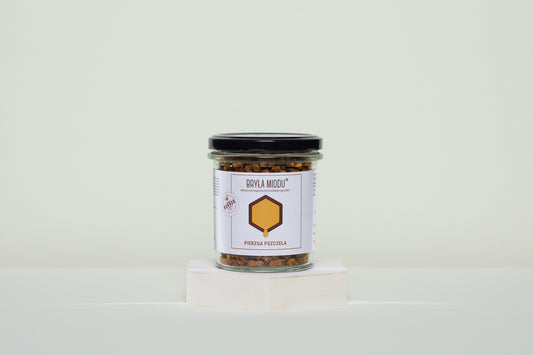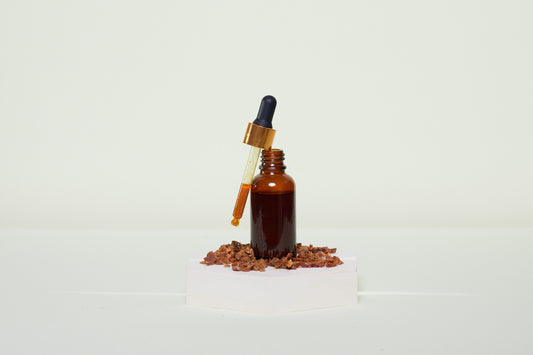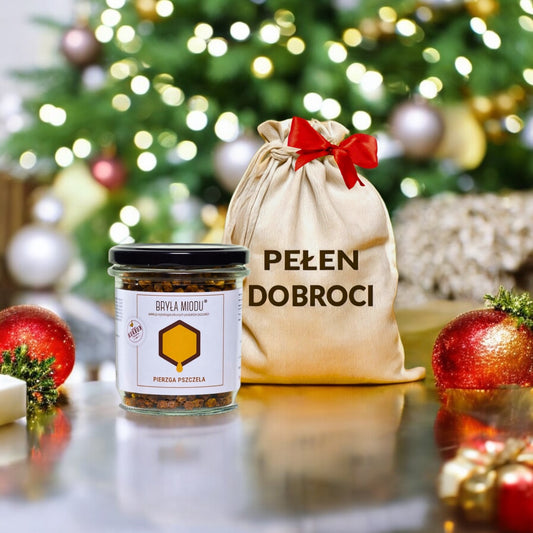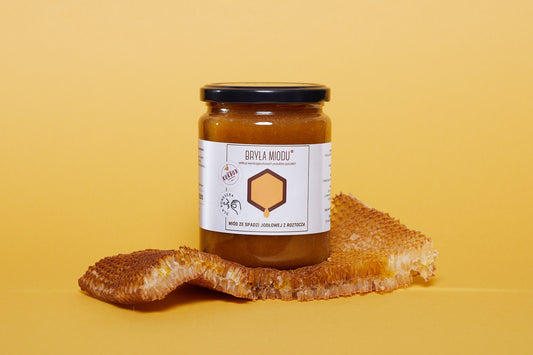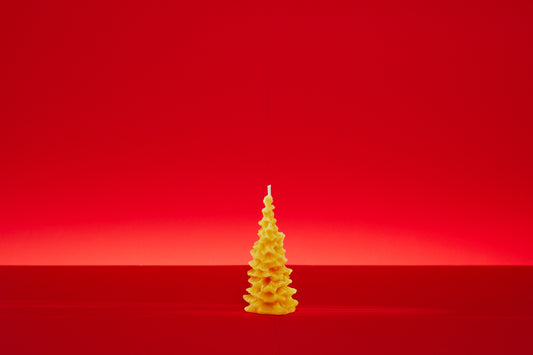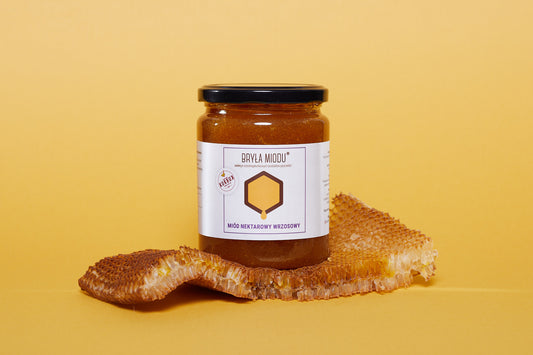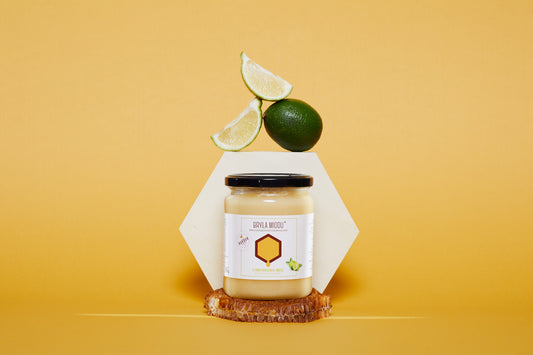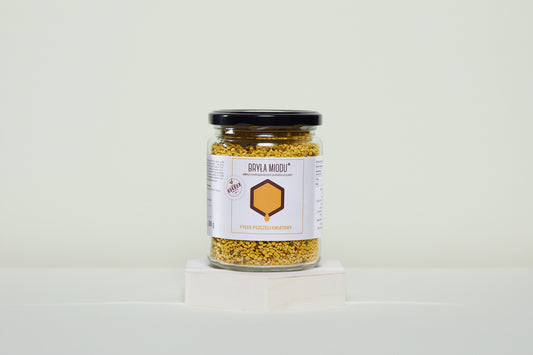Bee pollen in the diet of the bee family is a source of protein and the main food for young bees. It is becoming more and more popular among health-conscious people. What makes it such a valuable supplement in the human diet ? Let's take a look at this issue.
How is bee pollen produced?
Bee pollen is pollen from flowers and other plants enriched with bee enzymes. Bees collect pollen and take it to the hive. In addition to the already mentioned source of protein, it is food for young hive bees. Obtained by beekeepers, it is a valuable source of vitamins and minerals in the human diet . Before the beekeeper places it in a jar, it undergoes a long and tedious processing process.
Bee pollen processing.
Bee pollen is collected by a previously installed catcher through which the bees enter the hive. The pollen knocked off the bee's wings goes into a drawer from which the beekeeper then takes out the contents. This is the moment when the apiary must properly carry out the processing process.
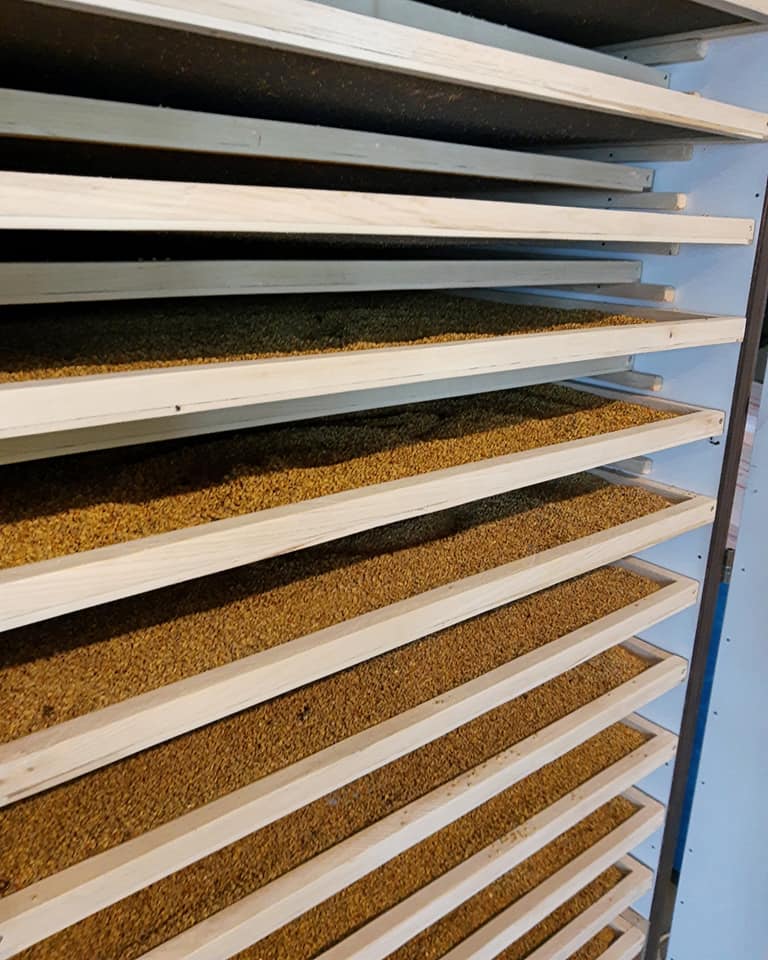
Freshly collected pollen contains about 35% water, so the first stage is drying. In a professional drying room, the thermostat is set to 35 degrees (it cannot be higher, otherwise the valuable properties of the pollen will be lost forever).
For about 3 to 4 days, the pollen is dried, which prevents the formation of mold and the production of toxins. Then the pollen is sifted through a thin sieve and then a thick one to get rid of hive impurities (wax, dead bee wings). After thorough cleaning, the pollen is sent to a cold store. It remains at a temperature of -18 degrees for 3 days. Freezing pollen is the most important processing process because it prevents the hatching of various pests. Most often, the moth and other mites develop.
Properties of bee pollen
Increasing awareness of the importance of prevention in keeping the human body healthy (homeostasis) is why bee pollen is consumed so often. It is 100% natural and works at the cellular level, so it effectively prevents many diseases. “The preventive and therapeutic value of bee pollen is based not on folk lore but on modern phytochemical, pharmacological and clinical research. They prove that bee pollen has properties that make it very close to the human body. Unlike synthetic preparations and drugs, bee pollen contains natural ingredients such as:
- Proteins and amino acids - bee pollen is a source of all essential amino acids for the synthesis of body proteins, never leading to an imbalance in amino acids.
- Nucleic acids
- Enzymes - most come from plant material, the rest from the pharyngeal and salivary glands of bees.
- Lipids and fatty acids - prevent fatty liver and have anti-atherosclerosis properties.
- Sugars
- Phenolic and triterpene compounds - have antioxidant, diuretic, choleretic and many other activities.
- Vitamins - bee pollen is a source of vitamins dissolved in fats and water. These include vitamins A and B. These are natural vitamins that were not synthesized!
- Bioelements - macroelements : sodium, potassium, magnesium, calcium, phosphorus and microelements : iron, cobalt, nickel, copper, zinc, manganese, chromium, silver, silicon, selenium and many others.
Did you know that 100g of pollen contains as many exogenous amino acids as 500g of beef or 7 eggs.
The properties contained in bee pollen are easily digestible and have a natural effect on the human body, although the compounds contained in the pollen act slowly, so only after long-term use are the effects visible. Apitherapy recommends a treatment lasting several weeks with short breaks. Regular use changes the balance at the cellular level of each of our organs. To put it simply, bee pollen puts our organs back on their feet by activating their natural defense mechanisms .
Where to buy bee pollen?
The processing process is long and tedious. It is important from which apiary the bee pollen comes to us. We do not recommend buying pollen in a plastic bag, but we recommend keeping it in a glass out of sunlight at a temperature below 18 degrees. It then retains valuable properties for our body, but unfortunately pollen is often improperly prepared at the production stage and improperly stored. It is worth choosing an apiary that is focused on professional production of bee pollen. Only such facilities have professional equipment for processing bee pollen. The price ranges from PLN 22 -PLN 25 for 200g.
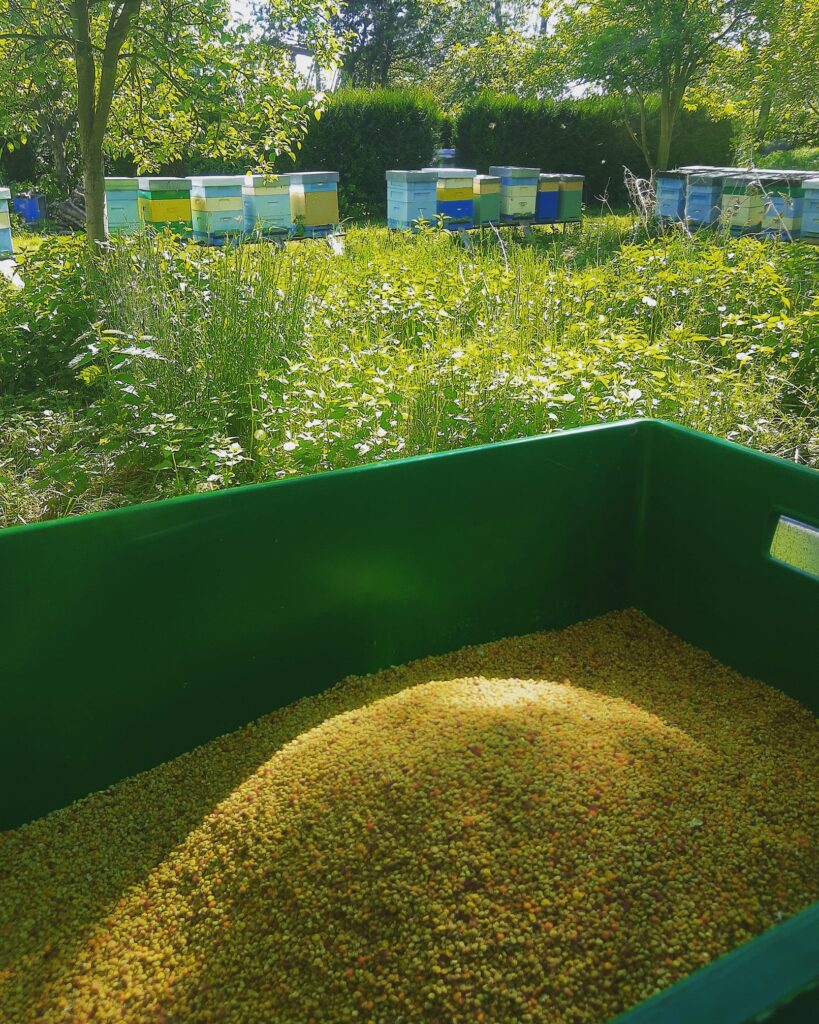
Our bee pollen is produced in a family apiary, which is focused on professional collection of bee pollen. This is a place where bee pollen is "pampered" at every stage. Carefully cleaned and properly frozen, it is always fresh, so it quickly dissolves in water or other products, so there is no bitterness in it, which indicates too long aging, only a straw-like sweetness.
Did you know that a strong bee colony can collect 150g of pollen a day.
